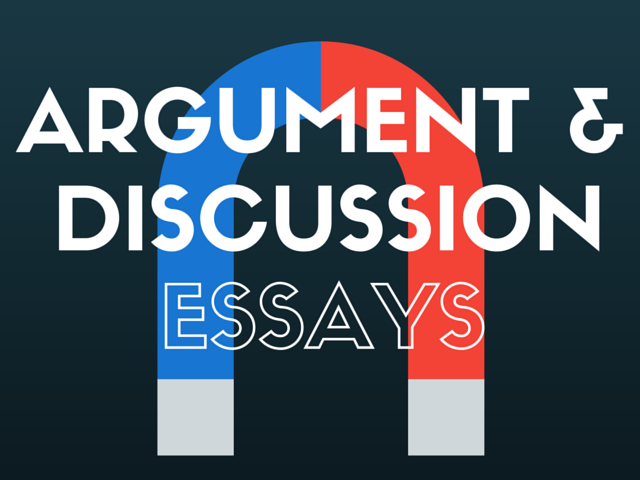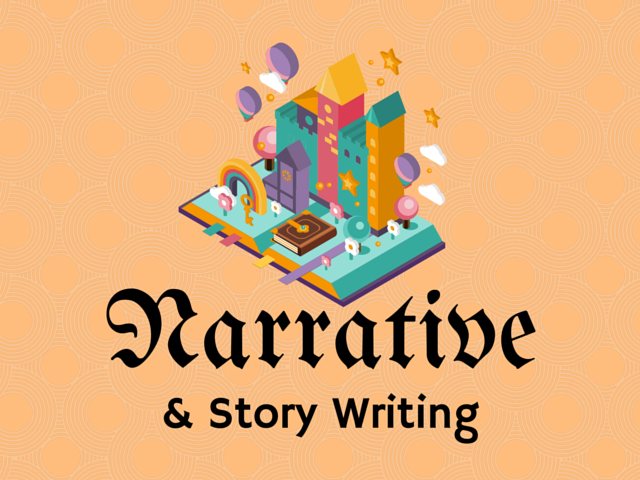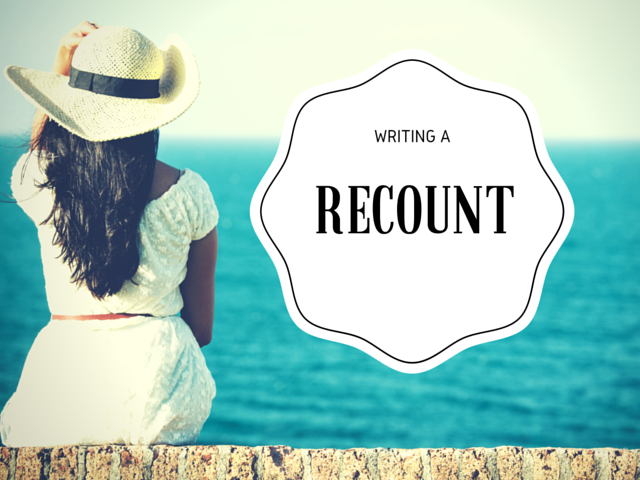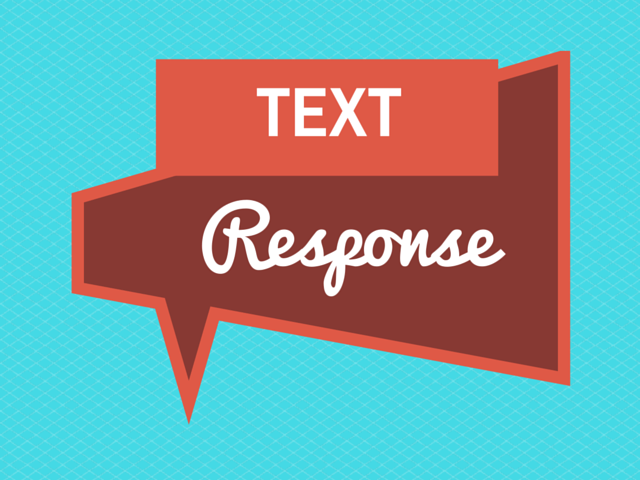10 sleeping facts every student should know.
/
A multi-year Greek study found napping at least three times per week for at least 30 minutes resulted in a 37% lower death rate due to heart problems.
Even if you can't fall asleep for a nap, just laying down and resting has benefits. Studies have found resting results in lowered blood pressure, which even some college kids have to worry about if they are genetically predisposed to high blood pressure.
After lunch in the early afternoon your body naturally gets tired. This is the best time to take a brief nap, as it's early enough to not mess with your nighttime sleep.
According to Dr. Matthew Walker of the University of California, napping for as little as one hour resets your short-term memory and helps you learn facts more easily after you wake up.
Foregoing sleep by cramming all night reduces your ability to retain information by up to 40%. If you can, mix in a nap somewhere to refresh your hippocampus.
The way this works is you drink a cup of coffee right before taking your 20-minute or half-hour nap, which is precisely how long caffeine takes to kick in. That way when you wake up, you're not only refreshed, but ready to go.
According to Dr. Sara Mednick, the best nap occurs when REM sleep is in proportion to slow-wave sleep. Use her patented Take A Nap Nap Wheel to calculate what time of day you can nap to the max
Sugar is not a good substitute for a nap
When we are tired, we instinctively reach for foods with a high glycemic index, but after the initial energy wears off, we're left more tired than we were before.
Missing sleep is worse at your age
For people ages 18 to 24, sleep deprivation impairs performance more significantly than in other age brackets.











